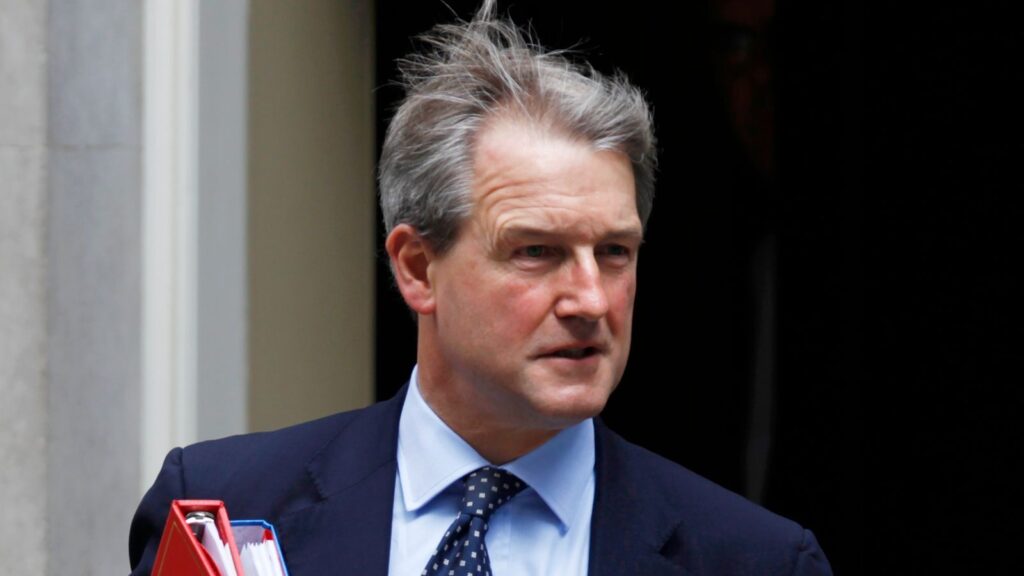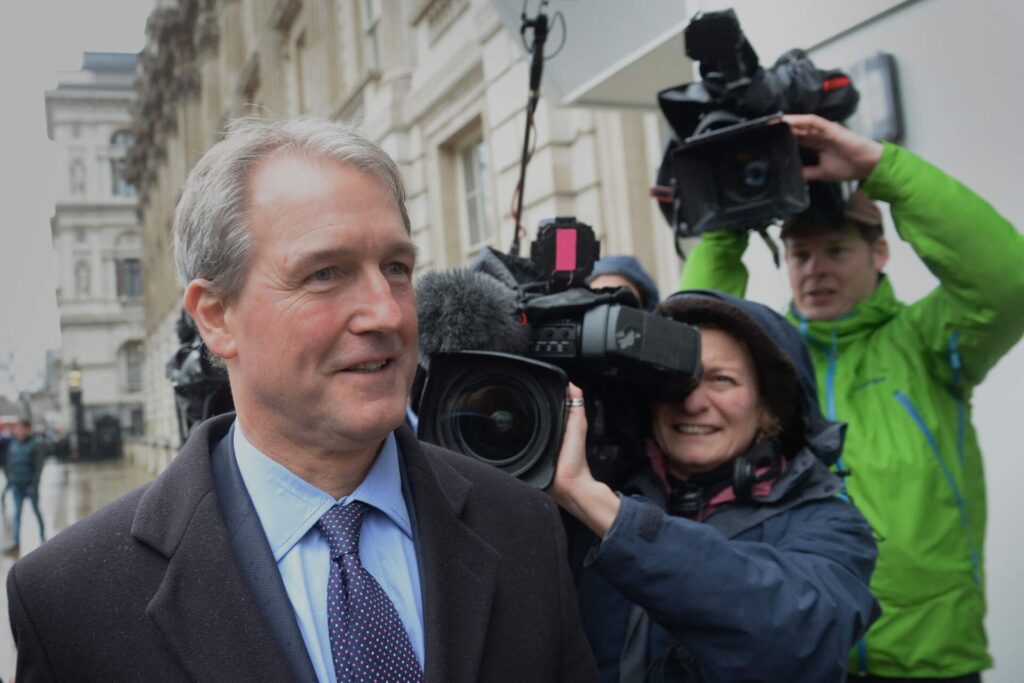
Owen Paterson, a former member of parliament, appealed to the European Court of Human Rights about the parliamentary report that precipitated his downfall from politics. The appeal was denied.
Paterson, a well-known pro-Brexit Conservative and former environment secretary, resigned as an MP in 2021 after the parliamentary commissioner for standards conducted an investigation and found that he had repeatedly engaged in improper lobbying.
The investigation got underway in 2019 after the Guardian published a report claiming that Paterson had lobbied ministers and officials to enact policies that would benefit two companies that were paying him for his consulting services.
Two years later, commissioner Kathryn Stone found that Paterson had visited with ministers and officials fourteen times. A committee of parliamentarians has recommended that he be suspended from the House of Commons for a period of thirty days for a serious breach of lobbying laws.
After Prime Minister Boris Johnson attempted in vain to shield Paterson by making Members vote in favour of suspending the parliamentary standards procedure, Paterson resigned.
Paterson, who was well-known for his eurosceptic views, said the next year that he intended to take the British government to the European Court of Human Rights (ECHR) to argue that the probe into his actions was unfair.
The court decided unanimously on Thursday to dismiss his lawsuit, finding that the parliamentary probe was handled properly.
Paterson claimed that after the investigation’s publication, he felt isolated from the neighbourhood, didn’t receive any invitations to events, and encountered many people he had previously considered friends. The decision included examples of being screamed at in public areas.

As a result, he has had difficulties going to festivities. For example, he abstained from taking part in any activities during King Charles III’s coronation so as not to upset his hosts.
Paterson stated that since his resignation, he has had trouble finding both paid and unpaid work. “He no longer receives income from his position as a Member of Parliament, and the two companies that had previously hired him for consulting services have cut all ties with him.” His net loss has been estimated at 120,000 British pounds annually, according to the judges’ summary.
“He has depended on savings, pension income, and rental property revenue to sustain himself in the absence of this income and alternative employment options.”
Paterson told the court about the tremendous emotional toll the inquiry took on his family, which resulted in Rose, his wife, taking her own life. He stated that he thought part of the reason was the probe.
Paterson was found to be unable to connect any monetary loss to the probe, according to the ECHR. “The judges concluded that neither his seat forfeiture nor his income reduction from his role as an MP were direct outcomes of the investigation, since he voluntarily resigned from the House of Commons prior to any consideration of the recommended sanction [of suspension].”
“On top of that, he hasn’t provided any documentation to support his claims that he lost his consulting job, nor has he shown that the committee’s recommendations prevented him from finding volunteer or paid work.”
Paterson argued that parliamentary privilege should not apply to the commissioner’s report and suggested that it should only apply to actions taken “on the floor of the house.” The European Court of Human Rights was unable to come to an agreement.
The justices came to the conclusion that there was a legitimate public interest in knowing what the parliamentary investigation’s findings were regarding the applicant’s behaviour while serving as a member of parliament.